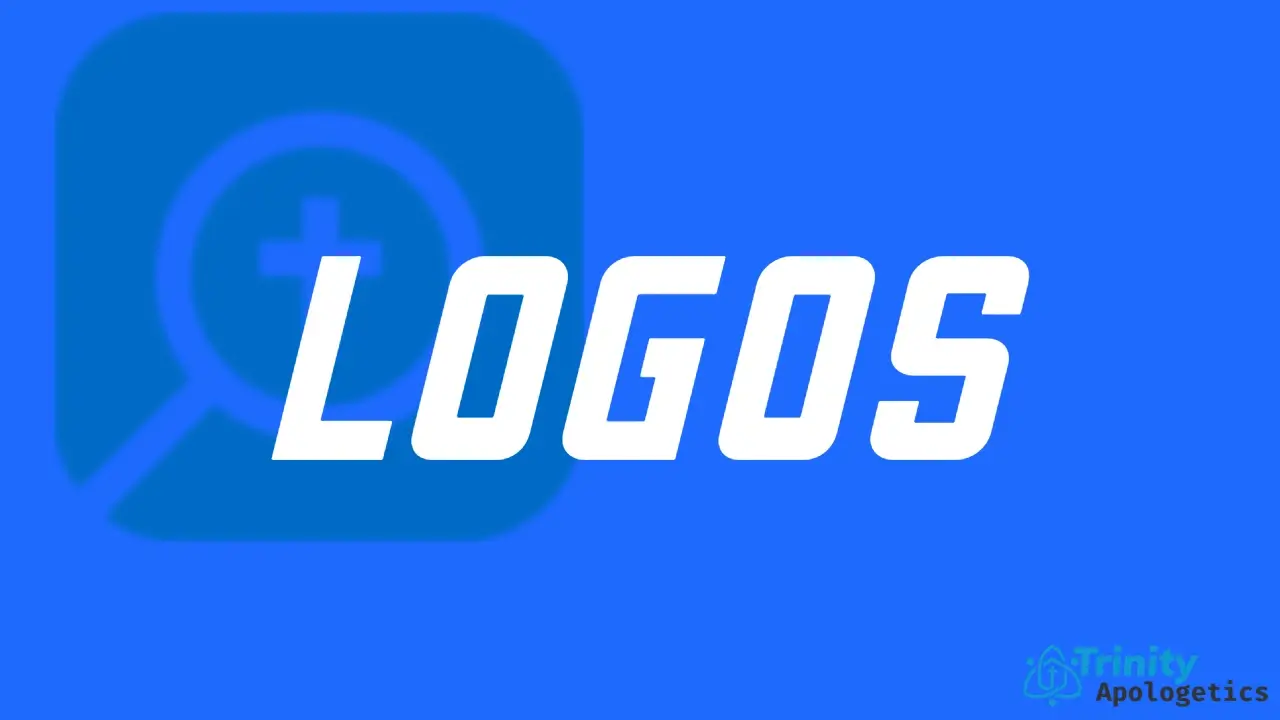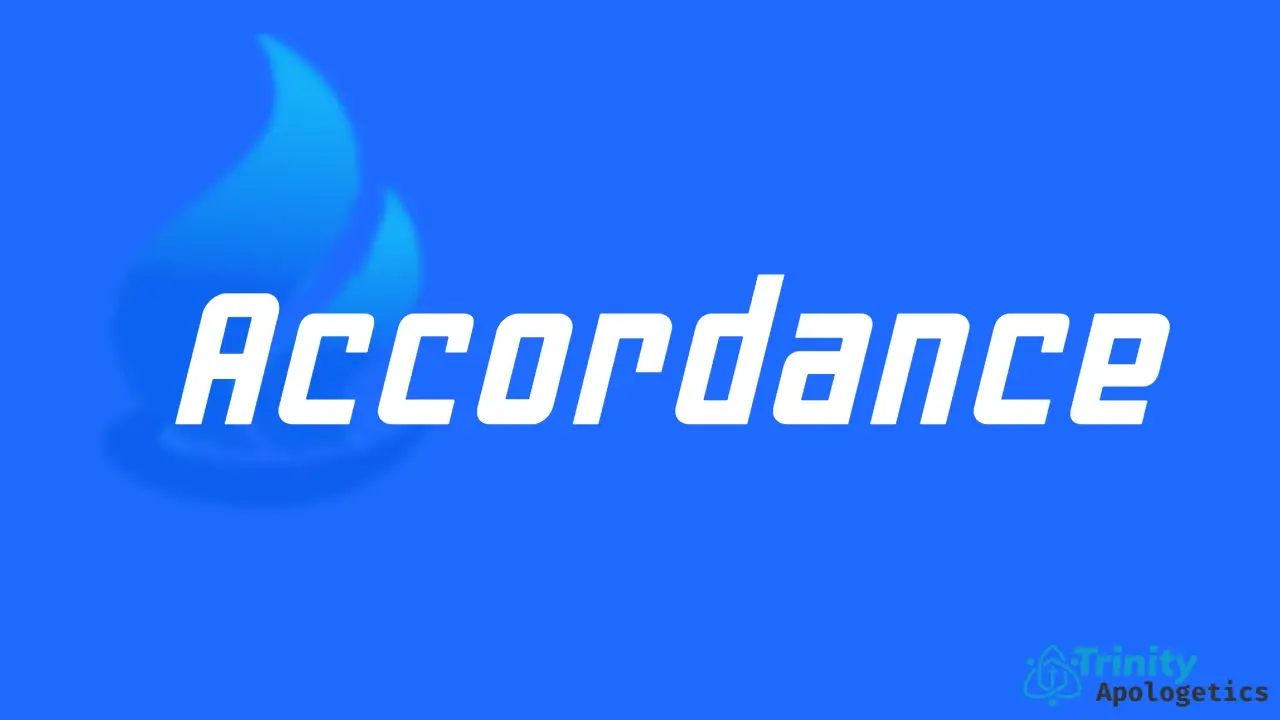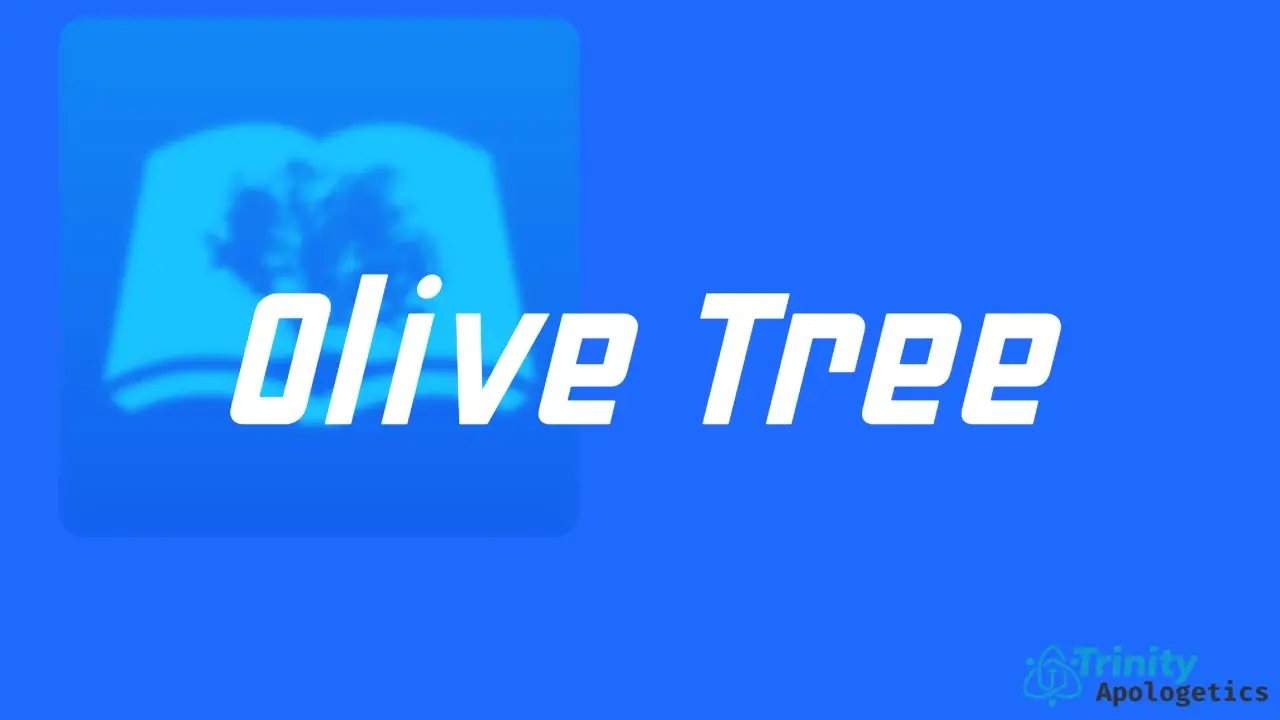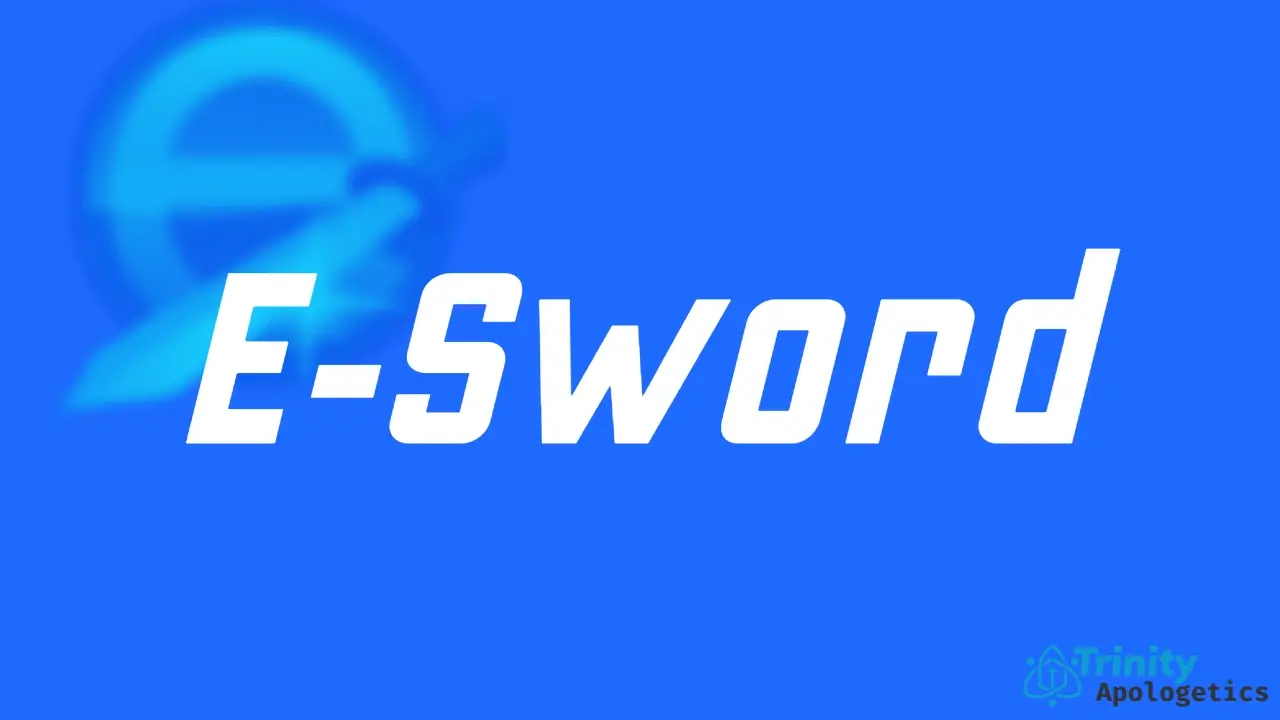|
Getting your Trinity Audio player ready... |
In today’s era where technology intertwines with every aspect of our lives, our pursuit for spiritual knowledge has also found its digital allies. Bible study, once confined to physical books, libraries, and congregations, has now transformed with the advent of sophisticated software designed to deepen our understanding of the scriptures. Whether you’re a theologian, a pastor, a student, or simply a curious to explore the depths of the Bible, the right software can elevate your study from mere reading to deep and profound revelation.
Now that we have mostly navigated through 2024, let’s take a look at what I believe are the three leading Bible study software options. These options stand out for their innovation, depth, and user engagement, providing tools that cater to a spectrum of needs from scholarly research to personal enlightenment. Here, we’ll uncover what makes each of these digital tools unique, helping you to choose a companion for your spiritual journey that resonates with your study style and spiritual goals.
Table of Contents

(Referral link.)
Logos Bible Software stands at the pinnacle for anyone seeking a deep dive into biblical studies. It’s not just software; it’s a digital theological library. With resources ranging from ancient texts in their original languages to modern translations, commentaries, and theological treatises, Logos enables users to explore the Bible in an interconnected web of knowledge.
- Depth of Resources: Logos boasts an unparalleled collection of theological texts and tools for exegesis, making it perfect for sermon preparation, academic research, or deep personal study.
- Integration: The software links resources together, allowing for a seamless study experience where every reference or topic can be explored with a click.
- Mobile and Desktop: Available on multiple platforms, it ensures your study can continue anywhere.
- Cost: The initial investment and the cost for additional books or packages can be high, which might deter casual users.
- Complexity: With its vast capabilities, there’s a major learning curve that might overwhelm beginners.
- Base Packages: Logos offers various base packages, starting from a basic free version to more comprehensive packages like Starter, Bronze, Silver, and Gold, which can range from approximately $100 to over $1,000. The price increases with the depth of resources and tools included.
- Custom Libraries: Users can also purchase individual books or sets to add to their library, which can vary widely in price from a few dollars to several hundred for specialized collections.
Best For: Logos is ideal for pastors, seminarians, and serious Bible scholars who need a robust, interconnected system for deep biblical analysis.

Accordance offers a streamlined, powerful platform and is especially noted for its prowess in biblical languages. It simplifies complex research with a user-friendly interface, making it quicker to navigate through resources or conduct searches. Its design emphasizes both functionality and accessibility, providing tools for in-depth exegesis without overwhelming the user.
- Speed and User Interface: Known for its fast search capabilities and intuitive design, making it less intimidating for new users.
- Original Languages: Exceptional tools for Greek and Hebrew studies, which are crucial for textual analysis.
- Customization: Users can tailor their workspace and toolsets to fit their study style precisely.
- Library Size: While substantial, its library might not be as extensive as Logos in certain niche areas.
- Cost of Add-ons: Similar to Logos, expanding your library can become expensive.
- Starter Collections: Begin at around $59.90 for basic functionality.
- Advanced Packages: Packages like the Essential Collection can go for around $500, with higher tiers like the Ultimate Collection priced significantly higher, often over $1,000, depending on the included modules and texts.
- Add-Ons: Individual modules, texts, and tools can be purchased separately, with prices varying based on content, from $10 to several hundred dollars.
Best For: Accordance suits intermediate to advanced users who prioritize ease of use alongside powerful language tools, especially those focused on original language study.

Olive Tree provides a balanced approach to Bible study, combining ease of use with sufficient depth for personal or small group study. It’s designed to be intuitive, making scripture exploration straightforward for beginners while still offering resources like commentaries and cross-references. Its offline functionality ensures that study can continue anywhere, anytime.
- Balance of Features: Offers a good mix of study aids, notes, and resources without overwhelming the user.
- Offline Access: Its ability to function fully offline makes it great for users in areas with unstable internet.
- Resource Packs: Offers thematic resource packs that can be more affordable for expanding one’s digital library.
- Less Comprehensive: While it has many resources, it might not satisfy the needs of those looking for the depth offered by Logos or Accordance.
- Syncing Issues: Some users report occasional issues with syncing across devices.
- Free Basic App: The core app is free, offering basic functionality with a few free resources.
- Resource Packs and Individual Titles: Pricing for additional resources varies; for example, commentary sets or study Bibles might range from $5 to $100 or more, depending on the complexity and scholarly depth of the resource.
- Bible Study Packs: Themed packs or bundles can be more cost-effective, ranging from $20 to $200.

While not as widely known as the giants in the Bible study software arena, e-Sword deserves recognition for its contribution to the digital theological study space. e-Sword is a free, or low-cost, software option that offers an impressive suite of resources which can compete with some of its more expensive counterparts. It provides various translations of the Bible, dictionaries, commentaries, and even some original language tools, all wrapped in a straightforward, easy-to-navigate interface.
- Affordability: e-Sword is particularly appealing due to its minimal cost or completely free versions, making advanced Bible study accessible to everyone, regardless of budget.
- Community and Customization: Users can download additional free or purchase resources, and there’s a community aspect where users share their own creations or discoveries, enriching the software’s library.
- Simplicity: For those overwhelmed by the complexity of more advanced tools, e-Sword offers a more digestible approach to digital scripture study without sacrificing depth entirely.
- Base Software: e-Sword itself is free to download and use.
- Add-Ons: While many resources are free, some premium modules, like certain translations or comprehensive study tools, might cost. For instance:
- The Amplified Bible module might be around $20.
- Other specialized texts or tools could range from free to about $30 or more per item.
Best For: e-Sword is a fantastic choice for beginners in digital Bible study, budget-conscious users, or anyone who appreciates a community-driven approach to learning. It’s also well-suited for missionaries or educators in settings where cost is a significant barrier to accessing theological tools. While it might not offer the exhaustive resources or the polished interfaces of the top contenders, e-Sword holds its own as a valuable resource in the democratization of Bible study tools.
































